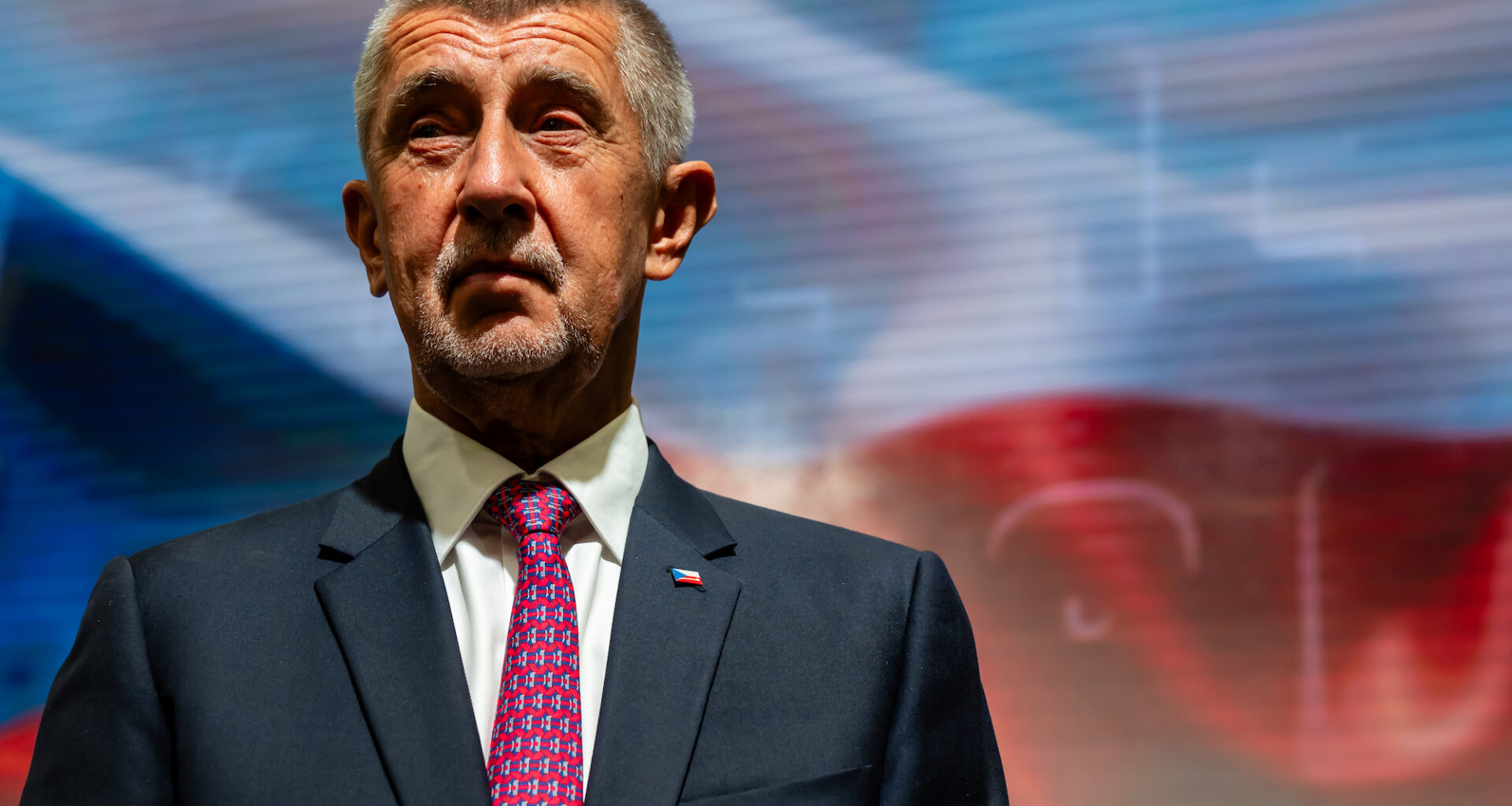Andrej Babis’ comeback brings change and continuity in Prague. From GMF.
The Czech parliamentary election brought a stronger than anticipated comeback for Andrej Babis’ populist ANO. Having secured a clear plurality in the 3-4 October election – 34.5% of the vote, and with that, 80 out of the 200 seats in the Chamber of Deputies – Babis is now gauging his options. Yet his path to power is not without difficulties. If he can secure support for a government in a fragmented new parliament, he would become the second prime minister from the far-right EU group Patriots for Europe, alongside Hungary’s Viktor Orban.
Although this would boost the image of illiberal forces in Europe, Babis is not likely to implement a carbon copy of Orban’s playbook during his second stint in government. His attempts to concentrate power will face domestic constraints and his appetite for conflict with Brussels will be curbed by his interest in drawing financial benefits from EU membership.
Babis’ rise comes on the back of the defeat of the centrist Spolu alliance’s government, which not only struggled with macroeconomic headwinds such as inflation and the cost of living pressures, but also suffered instability within the coalition. Against this backdrop, ANO campaigned with a populist ticket: higher wages and pensions, lower taxes, and a rollback of regulatory burdens.
Babis criticized the “out-of-touch elites,” promised to put Czechs first, and posed as the representative and advocate of the ordinary Czech citizen. He echoed the familiar calls of the illiberal camp for national sovereignty and control. At the same time, almost as a rhetorical shield, he shied away from any open contestation of Czechia’s membership in the EU and NATO. Such calls could cost him the appointment as prime minister by pro-EU and pro-NATO President Petr Pavel.
In the fragmented Czech party system and proportional electoral system, however, even ANO’s historic feat of gaining the most support for a single party in Czech elections since the fall of communism is not enough to secure a stable governing majority. Babis must rely on the formal or informal cooperation of smaller parties. His most likely allies are the newcomer Motorists for Themselves party, which gained 13 seats with 6.8% of the vote, and the far-right Freedom and Direct Democracy (SPD), which performed under double-digit expectations, lost five representatives, and finished with 15 seats and 7.8% of the vote.
While SPD, which in fact ran as a coalition of multiple far-right forces, may be a riskier choice given its more radical profile, including on the EU, ANO already shares a platform with the Motorists in the Patriots group. Nonetheless, rooted in the experience of his first mandate, Babis is most inclined to aim for a minority government with the external support of the two parties. This would allow him to avoid making binding concessions to his radical partners. But both parties have already signaled that they want a tangible share in exchange for their support: ministerial seats in the new government.
The Road to a Fragile Coalition
What follows is likely a prolonged negotiation, at the end of which the government put forward will also need to earn the approval – or at least tolerance – of Czech President Petr Pavel, who has refused to appoint anyone challenging Czechia’s EU and NATO membership. Beyond President Pavel’s guardrail role around the formation of government, the potential power-sharing among two or three parties or a minority government position for ANO would also hamper Babis’s ability to centralize power in his own and his party’s hands. The majority that even a three-party coalition could secure is also not enough to fundamentally alter the system. The impact of their potential formal or informal cooperation, however, would most likely be felt in attempts to remove public scrutiny by putting pressure on the media and civil society groups that seek to keep the executive accountable.
With anti-NGO laws mushrooming in the region and pressure on independent media growing, Babis and his allies would not need to look far for inspiration. Additionally, given their sympathies with the culture war that the far-right is waging against liberal democratic ideals and the protection and inclusion of minorities, instrumentally and ideologically driven attacks on vulnerable groups are fully conceivable under the reign of an ANO government.
On the EU level, Babis’s more transactional pragmatism may distinguish him from his Hungarian ally. Whereas Orban has positioned Hungary as a perpetual antagonist of Brussels, Babis is more likely to be selectively confrontational, for example on the climate and the green agenda, and on migration. As during the campaign, he may call for reducing Czech – but not necessarily EU – support for Ukraine.
With strong interest in ensuring the continued flow of EU funds for Czechia, however, Babis is unlikely to get caught in principled confrontation with EU institutions, especially during the negotiations over the next multiannual financial framework. In this sense, the Czech EU trajectory may bring more assertiveness about national sovereignty but no outright break with the European mainstream.
Babis’ return thus signals both continuity and change, and it adds a louder Czech voice to the illiberal chorus. Yet, while he may test the resilience of Czech democratic institutions and Brussels’ patience, structural and political constraints at home are likely to prevent a full-fledged Hungarian-style turn.
Zsuzsanna Vegh is a program officer at the German Marshall Fund of the United States (GMF), where this article originally appeared. Republished by permission.
